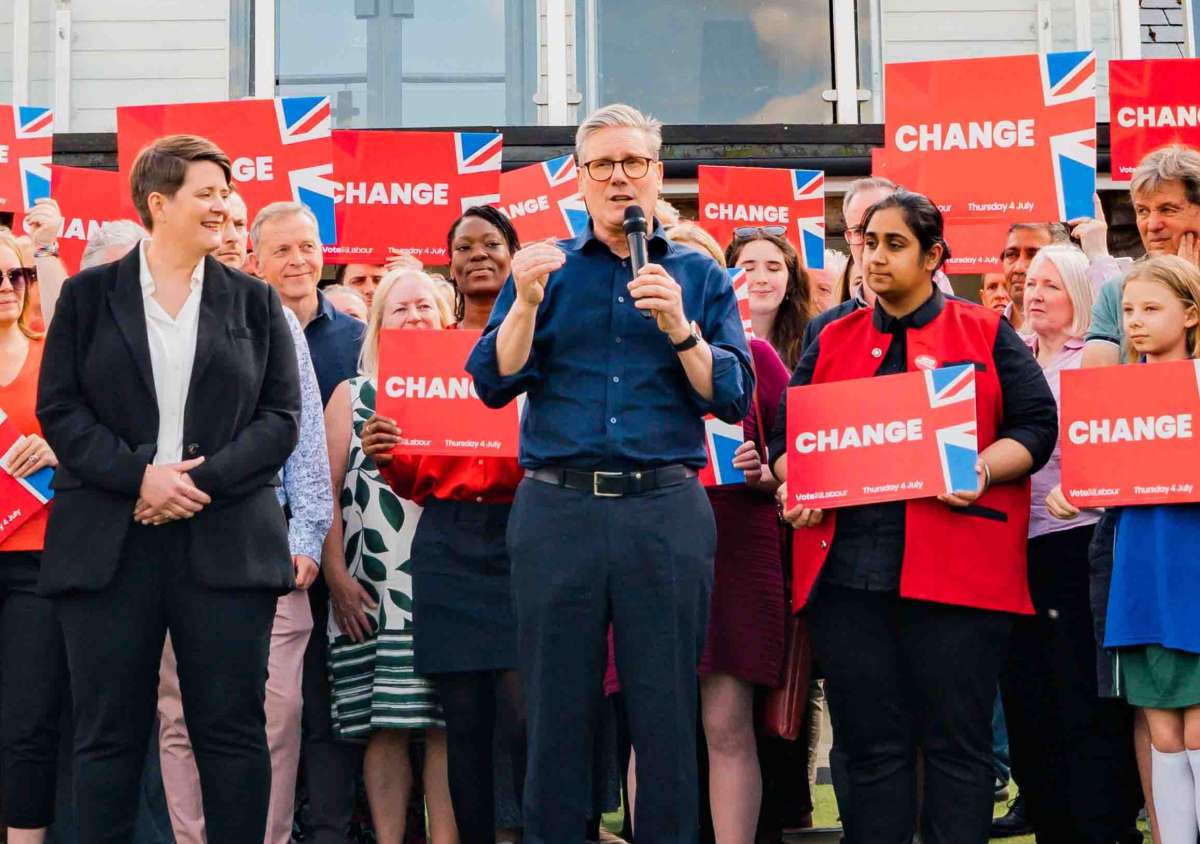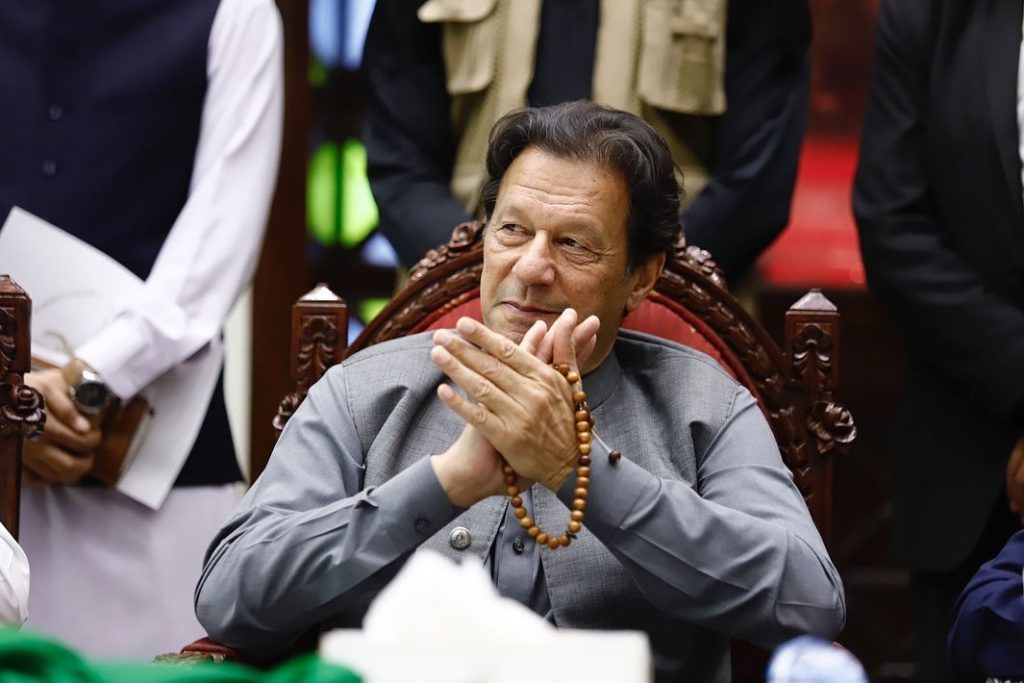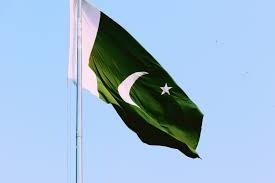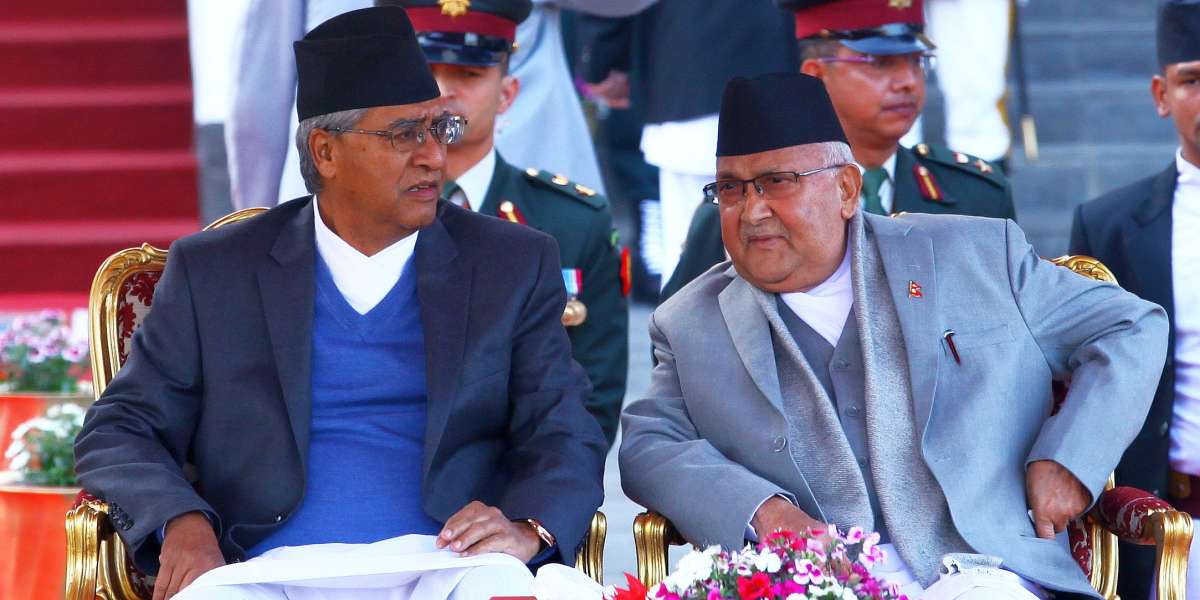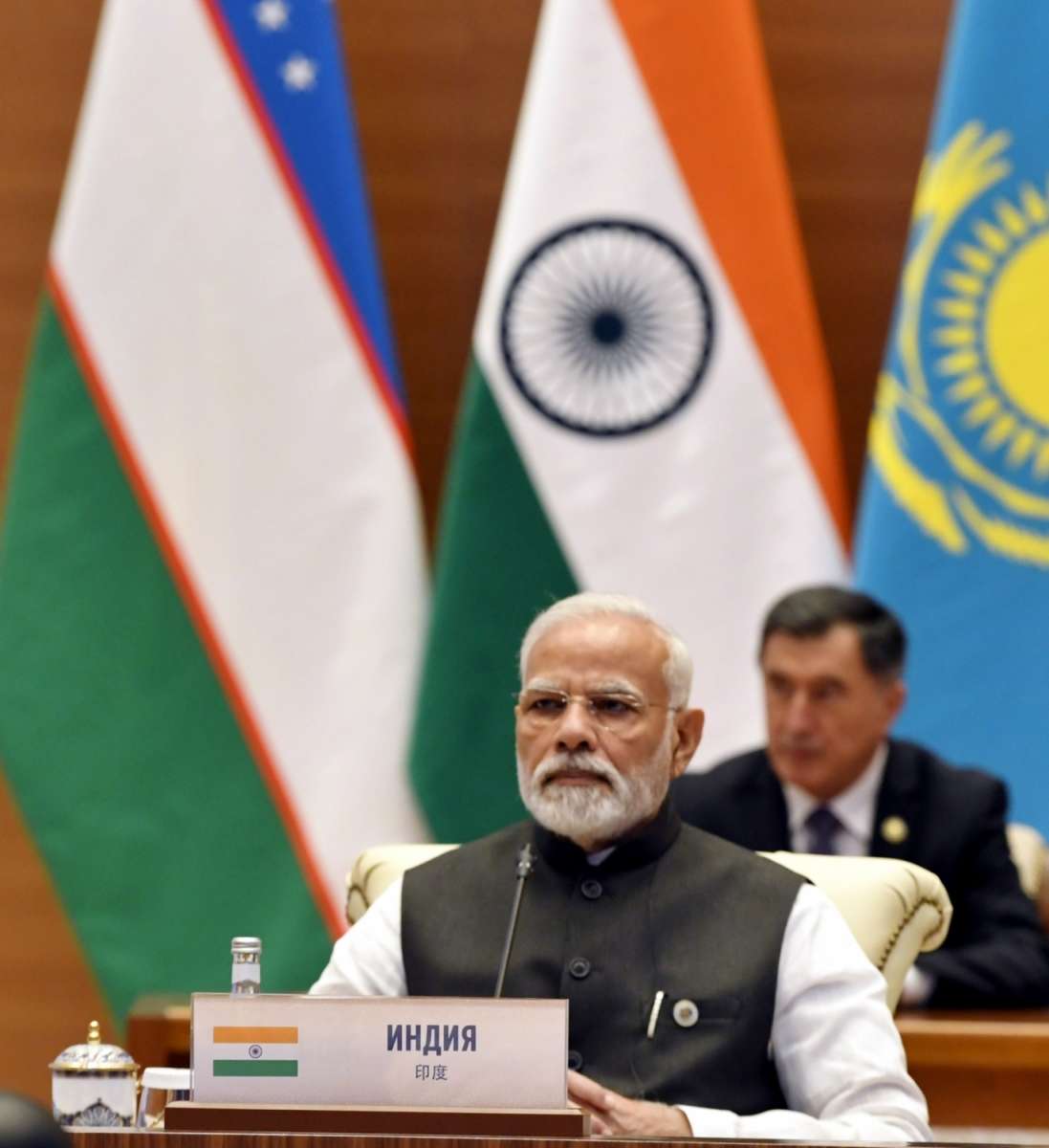The Conservative dead end is obvious. Unless the pollsters are horrendously wrong the Tories are in for a very heavy defeat with several of their big beats banished to the depths of the political jungle from which they may never emerge … writes Mihir Bose
Elections are always turning points or so goes the common belief. If that be so this British election could see both parties find the road ahead is a cul de sac. The Conservative dead end is obvious. Unless the pollsters are horrendously wrong the Tories are in for a very heavy defeat with several of their big beats banished to the depths of the political jungle from which they may never emerge.
Back in 1997 John Major on losing to Tony Blair left No 10 and went to watch cricket at the Oval. This time on the Friday after the election Sunak may be heading for Heathrow and a flight to Los Angeles. The Tories will have to find a leader and, as always happens in such circumstances, there will be a lot of internal battles before one emerges. If that be the case they should learn from 1997. Then they went for William Hague who was duly mauled by Tony Blair in the next election. This meant wasting a leader who might have been good and then having two others before finding one in David Cameron who led them out of the wilderness. So, expect a sacrificial lamb should the horror show take place.
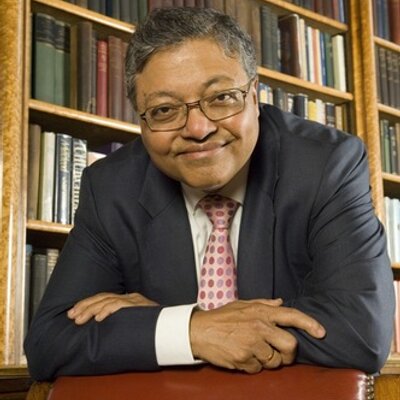
Where this election is like 1997 is that many in the media are supporting Labour. The Sunday Times, the FT, Economist, Guardian and my old editor at the Daily Telegraph Max Hastings are all saying vote Labour. How much this will influence the election is hard to say but it disproves the common Labour belief that the press is always supporting the Tories.
However, I am not sure there will be a horror show for the Tories. Defeat yes. But not destroyed. I am always sceptical about opinion polls, and this goes back to the first ever election I saw in this country in 1970. I can recall two other elections , 1962 and 1967 in India. Indian elections are very different to British elections. They reflect the country. They are chaotic, very colourful, full of what Indians call tamasha, fun, frolic, excitement, awaaz, noise, colour, processions of supporters of various parties filling the streets and an exuberance. With such a large proportion of the electorate being illiterate there are party symbols which are often very wonderfully designed. Also, what is significant is that the poor and the downtrodden always vote. For them election day makes them ek din ka sultan, king for a day and gives them a sense of power. They are aware the well off can always buy their way to power. In this country, and in much of the developed world, the people who live in ghettos, and the less well-off sections of the population, often do not vote. They cannot see elections changing things.
Elections in Britain are also very structured, and I was struck by this in 1970. The election took place against a background of an international football tournament as this one is. Then it was the World Cup in Mexico. It was a hot summer. Most people were staying up late to watch the matches televised from Mexico. On the Sunday before polling day England played in the quarter final of the World Cup in Mexico against West Germany. England were the defending champions, having won it in 1966 at Wembley against Germany, the only time they have won the competition. They were leading 2-0 when Franz Beckenbauer had, as he would later tell me, a speculative shot, Bonetti, the England goalkeeper, dived over the ball. That turned the match and Germany won 3-2, the first time in a competitive match they had beaten England.
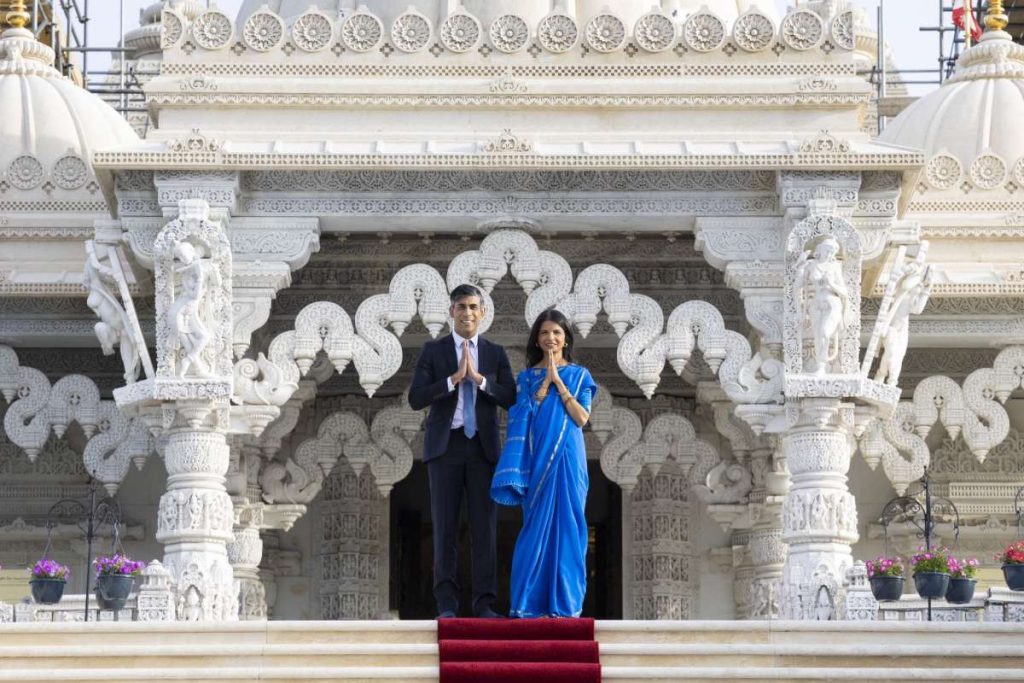
Until then nobody seemed to be paying any attention to the election. Harold Wilson, Labour’s Prime Minister, seemed odds on to win But the defeat seemed to wake the country up and four days later to the surprise of everyone Ted Heath was in power.
This time England again played a match four days before the election and were 86 seconds from defeat against Slovakia but thanks to goals by Jude Bellingham and Harry Kane they won, in effect doing what Germany had done to them in 1970. So, will Sunak rise from the dead and win? I do not think so. My impression of this election is that people are fed up with the Tories but, and this is a big but, they are not enthusiastic for Labour. They want to end 14 years of Tory rule but are not flocking to Labour.
Let me give you one example. I have been speaking to what politicians call real people as opposed to fake people like us hacks. One of them lives in Sunderland but comes down to London to fit plaques. He voted to leave the EU but now regrets it. He voted for Boris Johnson but will not vote for the Tories but has no enthusiasm for Labour and may not vote. My impression is there are a lot of undecided voters, many who voted Tory. How will they vote? Back in 1992 when John Major unexpectedly won and proved the pollsters wrong there was a lot of talk of shy Tories. I do not get the impression that the undecided are shy Tories who are not telling the truth to the pollsters. They are genuinely unhappy with the Tories and that is putting it mildly. But Labour has not done enough to make them switch. It is possible they may not vote.
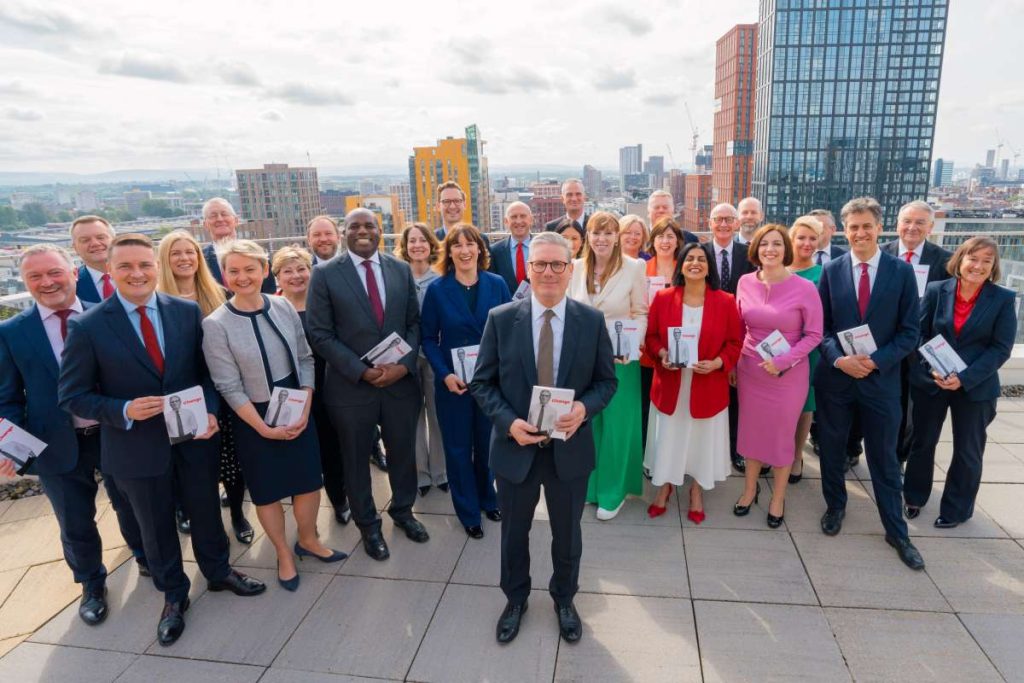
There are also Labour supporters, and these are younger voters, who think Keit Starmer has gone too far to the centre and may vote green. I must say I have found this the most boring of all the elections I have seen in this country. Sunak can certainly debate and very ferociously As for Starmer everyone says he is like a man carrying a Ming vase worried he might drop it. He looks more like a man programmed by the Labour hierarchy to respond in a particular staccato style to every question. I cannot wait for this election to end.
I do not believe the opinion polls are right of a massive Labour majority. I think Labour will win but with a small majority. Much is being made of how this election is like 1997. But here history is being rewritten. In the run-up to 1997 it was not obvious Labour would win. I remember Michael Heseltine going on radio saying Conservatives are gaining strength and there was fear in Labour that it could turn out to be 1992 when John Major ambushed them.
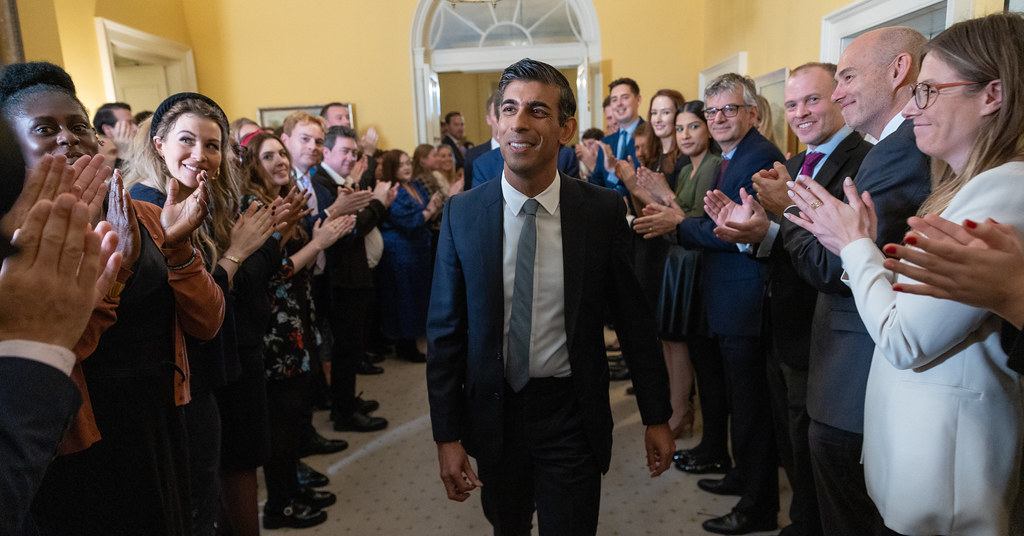
Where this election is like 1997 is that many in the media are supporting Labour. The Sunday Times, the FT, Economist, Guardian and my old editor at the Daily Telegraph Max Hastings are all saying vote Labour. How much this will influence the election is hard to say but it disproves the common Labour belief that the press is always supporting the Tories.
As a country we face great choices, funding for NHS, public services, immigration, the need for houses. Yet in this election I cannot see any great idea. Or any real divide, clear blue water, between the two parties. Both parties want growth, both say they will not put up taxes but it is not that easy to stoke the engines of growth.
We have had scarce tactics in this election . Nothing new in that. In 1945 Churchill during the general election campaign made what has gone down as his famous “Gestapo” speech in which he warned that a socialist Labour government would lead to the erosion of freedom. Atlee very skilfully turned it round saying that in the past officials made peoples’ lives impossible, of how employers were free to work little children for sixteen hours a day, people were free to neglect sanitation so that thousands died of preventable diseases. It was freedom for the rich and slavery for the poor. Now Sunak says within the first 100 days Labour will ruin Britain raising taxes, country swarming with immigrants, warnings which have featured on the front pages of right wing newspapers. But, unlike Atlee, Starmer has not made an effective response. Nor has he responded strongly to Conservative claims about the dangers of Labour getting a supermajority. What Starmer should have done is remind people that back in 1983 it was a Conservative politician who warned that giving large majorities to political parties would not lead to good government. That politician was Francis Pym and Mrs Thatcher, who was heading for a landslide, immediately sacked him.
What is new in this election is race becoming an issue with Sunak being called a Paki, a word I am very familiar with as I have often been called that. This election has also seen religion being mentioned. Sunak has spoken of his Hindu faith, which is unusual as politicians in this country, as opposed to America, do not talk of their religion. But then we have never had a non-Christian Prime Minister.
What will be interesting is to see the effect of the Reform Party on the Conservative vote and whether Nigel Farage will make sure the Reform Party gets a platform in this country. Nigel Farage and his Reform party pose a challenge the like of which the Tories have never faced before. Farage is a politician who the Tories have been struggling to contain. His rise will mark a very fundamental shift in the politics of this country.
(Mr Mihir Bose is the author of Thank You Mr Crombie, Lessons in Guilt and Gratitude to the British)
ALSO READ: Reform UK drops three candidates over racism row
ALSO READ: Sunak gives very personal speech at London temple

